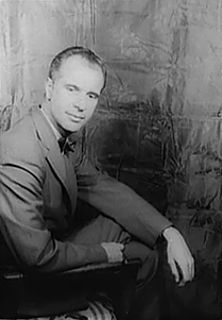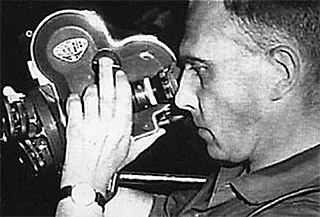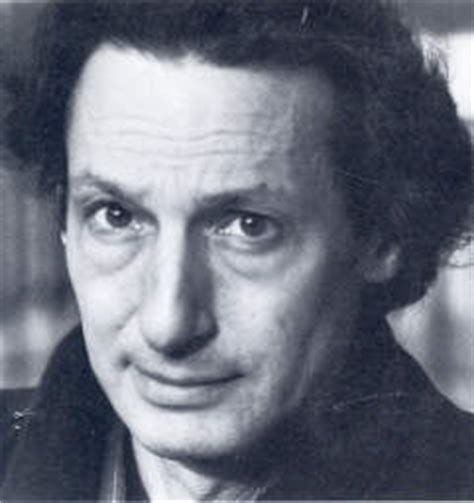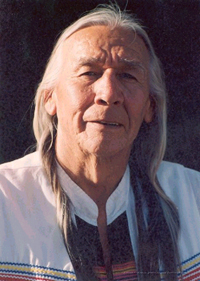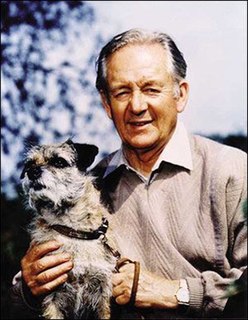A Quote by Howard Fast
Americans have no sense of history. And not much memory. They don't remember what happened yesterday.
Related Quotes
As far as many statistical series that are related to activities of mankind are concerned, the date that divides human history into two equal parts is well within living memory. The world of today is as different from the world I was born in as that world was from Julius Caesar s. I was born in the middle of human history, to date, roughly. Almost as much has happened since I was born as happened before.
Some people say they use images to help them remember intricacies. Others say they just remember. If they are able to form an image of the face, it is because they remember how it was: it is not that an image guides memory, but that memory produces an image, or the sense of imaging. We have no agreed way to talk clearly about such things.
It seems to me, that this, too, is how memory works. What we remember of what was done to us shapes our view, molds us, sets our stance. But what we remember is past, it no longer exists, and yet we hold on to it, live by it, surrender so much control to it. What do we become when we put down the scripts written by history and memory, when each person before us can be seen free of the cultural or personal narrative we've inherited or devised? When we, ourselves, can taste that freedom.
Historians constantly rewrite history, reinterpreting (reorganizing) the records of the past. So, too, when the brain's coherent responses become part of a memory, they are organized anew as part of the structure of consciousness. What makes them memories is that they become part of that structure and thus form part of the sense of self; my sense of self derives from a certainty that my experiences refer back to me, the individual who is having them. Hence the sense of the past, of history, of memory, is in part the creation of the self.
There is an ancient Indian saying that something lives only as long as the last person who remembers it. My people have come to trust memory over history. Memory, like fire, is radiant and immutable while history serves only those who seek to control it, those who douse the flame of memory in order to put out the dangerous fire of truth. Beware these men for they are dangerous themselves and unwise. Their false history is written in the blood of those who might remember and of those who seek the truth.
Americans, more than most people, believe that history is the result of individual decisions to implement conscious intentions. For Americans, more than most people, history has been that.... This sense of openness, of possibility and autonomy, has been a national asset as precious as the topsoil of the Middle West. But like topsoil, it is subject to erosion; it requires tending. And it is not bad for Americans to come to terms with the fact that for them too, history is a story of inertia and the unforeseen.
Memory is corrupted and ruined by a crowd of memories. If I am going to have a true memory, there are a thousand things that must first be forgotten. Memory is not fully itself when it reaches only into the past. A memory that is not alive to the present does not remember the here and now, does not remember its true identity, is not memory at all. He who remembers nothing but facts and past events, and is never brought back into the present, is a victim of amnesia.

